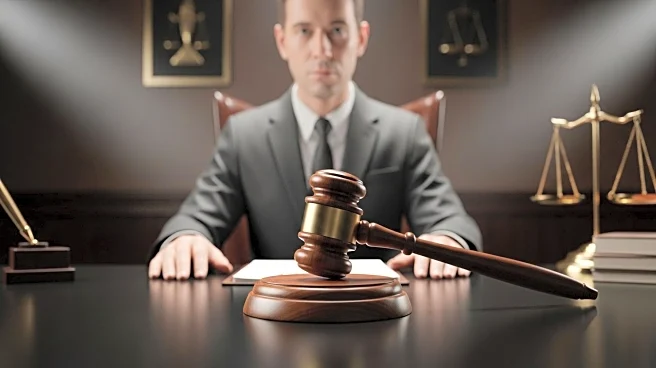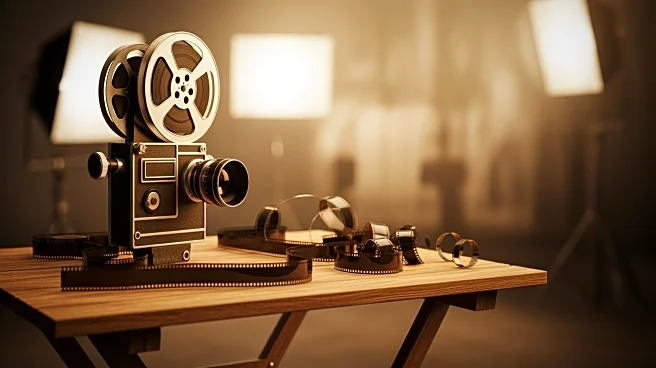What's Happening?
Ryan Routh, accused of attempting to assassinate President Trump at his Florida golf club, has rested his case without testifying. Representing himself, Routh questioned witnesses including a firearms expert and character witnesses. He faces charges of attempting to assassinate a major presidential candidate, assaulting a federal officer, and firearm violations. The trial follows an alleged assassination attempt where Routh aimed a rifle at Trump but was thwarted by a Secret Service agent.
Why It's Important?
The trial of Ryan Routh highlights the security challenges faced by political figures and the legal complexities of assassination attempts. It underscores the importance of protective measures for public officials and the potential consequences of threats against them. The case also raises questions about the legal system's handling of self-representation and the rights of defendants. The outcome could influence future security protocols and legal proceedings in similar cases.
What's Next?
Closing arguments are scheduled, and jurors will soon deliberate on Routh's fate. The trial's conclusion may lead to discussions on the adequacy of security measures for political figures and the legal implications of self-representation. The verdict could impact future cases involving threats against public officials and the legal standards for such charges.
Beyond the Headlines
The case may prompt broader discussions on the balance between individual rights and public safety. It raises ethical questions about the limits of self-representation and the responsibilities of the legal system to ensure fair trials. The trial's outcome could influence public perceptions of security and justice in high-profile cases.











